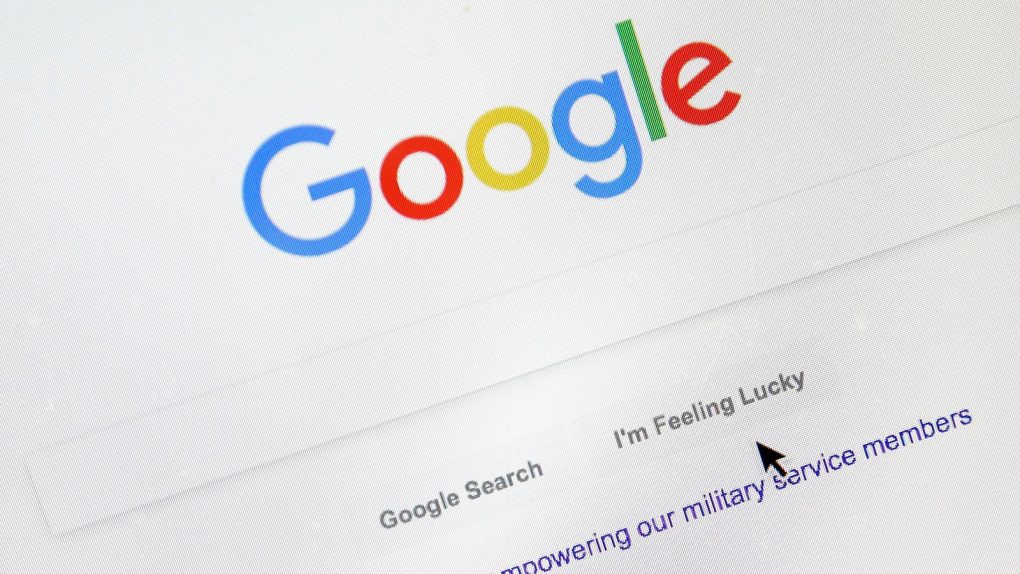Google may be selling a lot of its own hardware nowadays, but its main moneymaker is Google Search. Even the hardware is practically an avenue that leads to Search, considering plenty of Google’s most recent products are home to an increasingly more sophisticated Google Assistant that also relies on Google’s search tech to answer queries. And while Google rarely speaks about its Search product, the company opened up on its most recent algorithm change that has the potential of significantly improving your search experience. However, you might not even notice the update, or just assume Google Search is supposed to work that way.
Google opened up to reporters on the brand new Bert algorithm this week, The Wall Street Journal reports. Bert is the cool acronym of the actual name of the update — Bidirectional Encoder Representations from Transformers.
Bert uses machine learning and mathematical modeling to produce better answers to the more complex search queries you might type or ask the Assistant. But Bert will only affect one in 10 queries in the future or about 350 million searches per day. Google doesn’t provide daily stats for its Search business, however, and that’s just an estimate.
Here’s an example of the kind of improvement Bert will deliver:
Take the search for “do estheticians stand a lot at work.” Searches like these have long proved difficult for a computer to parse, because “stand” carries multiple meanings, and “at work” is essentially slang. Under Google’s old system, the top search result bordered on irrelevant: It was a local newspaper article on free-standing beauty schools.[…]
Indeed, in the estheticism example, the new system produced a highly relevant result on the physical demands of such jobs.
Bert will now be able to understand what you were looking for, but it might not always work. Sometimes it might overthink thinks and deliver an unexpected result:
Take the search “What is south of the state of Nebraska?” Google’s old algorithm came close to the right answer, but Bert overthinks it, serving up a link to the tiny community of South Nebraska, Florida.
That’s why not all Search users will notice the improvements. Or if they do, they’ll just think that’s how Google Search is supposed to work. You won’t have to do anything to use Bert, as it’ll be rolled out automatically everywhere.
Google has had to face criticism over Search in recent years for the answers it provides directly on the page, which has been seen as an attempt to keep users on Google’s pages rather than sending them to other sites. Google addressed the matter and said that Bert is expected to improve the answers Google offers directly on its Search page to complex questions in other languages. But it’s not supposed to change the proportion of queries that Google answers directly to English-speaking users.
Google initially confirmed that Bert will be used on its advertising platform as well, but didn’t seem willing to explain how the advertising team is using the algorithm. A spokesperson then made it clear that Google is ”exploring how Bert can be useful for our various products independently,” adding that it has “not used Bert for any Search ads.”








